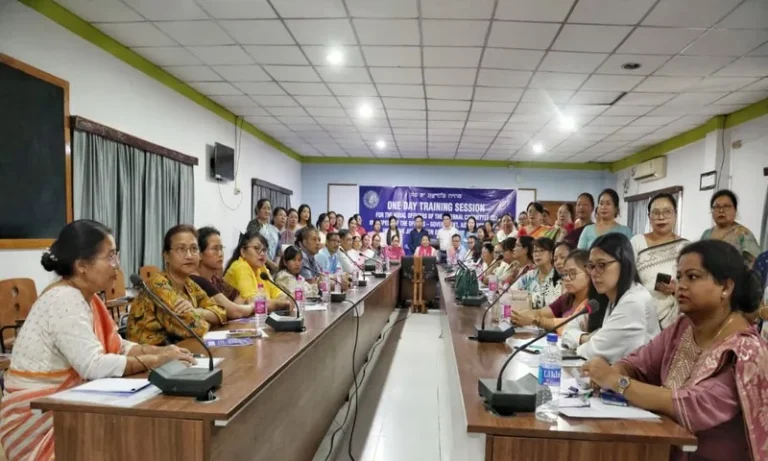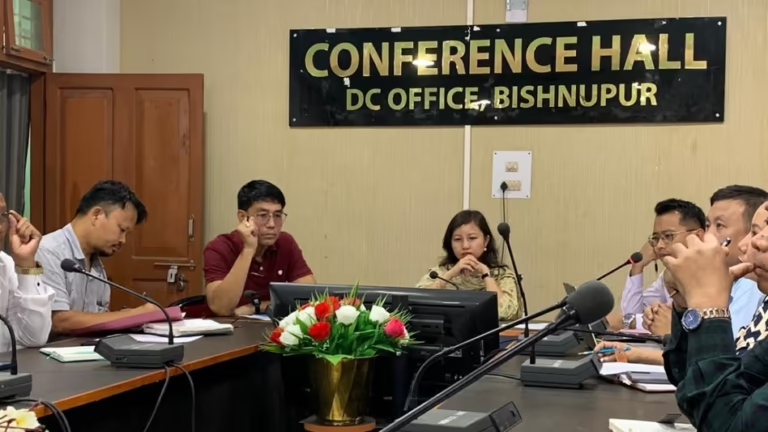Manipur Protest Rally Against AFSPA on Human Rights Day: A Comprehensive Look
Summary
On Human Rights Day, thousands of citizens in Manipur joined hands to rally against the Armed Forces (Special Powers) Act (AFSPA) and ongoing violence. Organized by civil society groups and human rights advocates, the protest highlighted the impact of AFSPA on human rights violations in the state. Demonstrators called for its repeal, urging the government to restore dignity, peace, and justice to the region. This rally is part of a larger movement to address the controversial law’s implications, which include alleged human rights abuses and a lack of accountability for security forces.
The Human Rights Day Rally: A Movement of Hope
What Sparked the Rally?
The rally in Manipur isn’t just a one-time event; it stems from decades of struggle under the shadow of AFSPA. The law, enacted in 1958, grants security forces sweeping powers in “disturbed areas,” leading to numerous reports of human rights abuses. Over the years, many in Manipur have alleged that AFSPA perpetuates systemic oppression and inhibits democratic processes.
On December 10, thousands of people, including students, activists, and community leaders, gathered to demand the law’s repeal. The rally served as both a memorial for victims of violence and a platform to amplify the call for justice and reform.
Why Is AFSPA So Controversial?
AFSPA gives armed forces the authority to conduct operations, make arrests, and even open fire under certain conditions without prior approval. While the government maintains that AFSPA is necessary for combating insurgency, critics argue it fosters a culture of impunity.
In states like Manipur, the law has been linked to incidents of extrajudicial killings, arbitrary arrests, and other human rights violations. Protesters have emphasized that AFSPA undermines the region’s aspirations for peace and development by alienating the local population.
Voices from the Rally
Unified Demands
Participants in the rally were united in their demand to repeal AFSPA and implement measures that prioritize human rights. Human rights activists pointed out how AFSPA has led to systemic injustices, including violations of women’s rights, destruction of property, and psychological trauma for affected families.
Human Rights as a Global Concern
Highlighting the rally’s significance on Human Rights Day underscored the universality of their message. Protesters believe their plight resonates globally, urging international organizations to address AFSPA’s impact on fundamental rights.
The Larger Movement Against AFSPA
Historical Context
The movement against AFSPA isn’t new. Manipur has seen multiple protests, including the famous hunger strike by Irom Sharmila that lasted 16 years. Her activism brought international attention to the issues surrounding AFSPA, sparking debates in national and global forums.
Current Political Developments
Recent developments, such as partial AFSPA rollbacks in some states, indicate progress. However, in Manipur, the law remains largely intact, fueling dissatisfaction among its citizens. Protesters view its continued enforcement as a failure of democratic governance.
Impacts on Women and Marginalized Groups
One poignant aspect of the movement is its emphasis on the law’s disproportionate impact on vulnerable groups. Women’s organizations, in particular, have been at the forefront, spotlighting cases of sexual violence linked to AFSPA’s enforcement.
What’s Next for Manipur?
Strengthening Civil Society
Civil society organizations in Manipur continue to lead grassroots efforts to educate citizens about their rights and mobilize action against AFSPA. They are urging the government to replace military approaches with developmental initiatives that address the root causes of unrest.
The Role of Dialogue
Protesters emphasize that dialogue, not force, is the way forward. They advocate for policy changes that balance security concerns with respect for human rights, ensuring that governance aligns with democratic principles.
FAQs
- What is AFSPA, and why is it controversial?
AFSPA, enacted in 1958, grants security forces broad powers in “disturbed areas.” Critics argue it leads to human rights abuses, including unlawful detentions and extrajudicial killings. - How has AFSPA affected Manipur?
The law has been linked to widespread allegations of human rights violations in Manipur, including loss of life, property damage, and psychological trauma. - What was the significance of the Human Rights Day rally?
The rally highlighted the ongoing struggles under AFSPA, calling for justice, accountability, and the law’s repeal. - Are there any signs of AFSPA being repealed?
While there have been partial rollbacks in some regions, the law remains largely intact in Manipur, leading to continued protests and demands for reform. - What can replace AFSPA to address security concerns?
Activists advocate for developmental policies, dialogue, and community-driven initiatives to address security concerns without undermining human rights.



